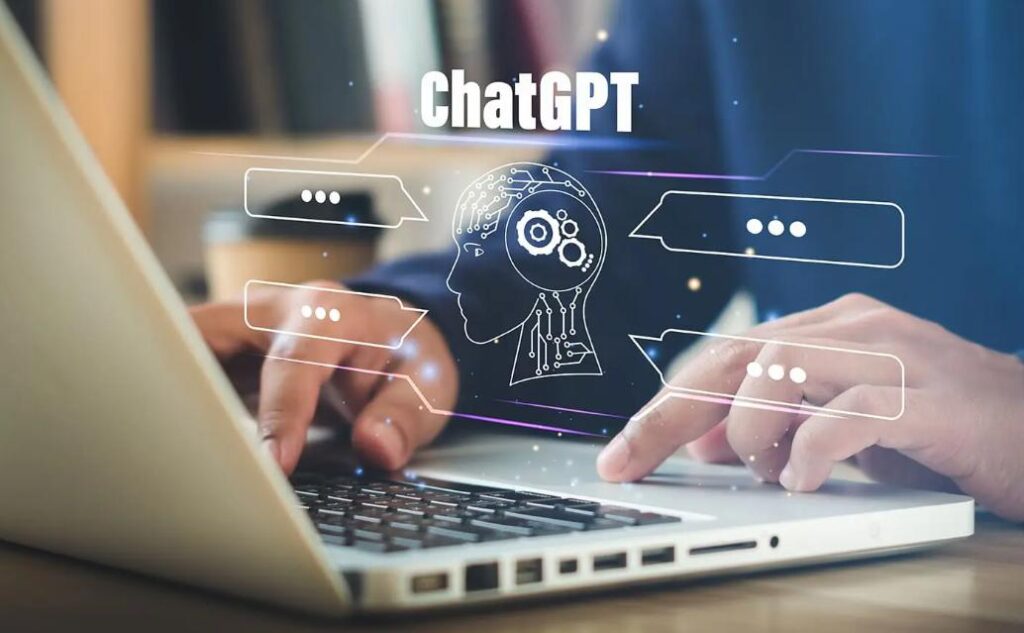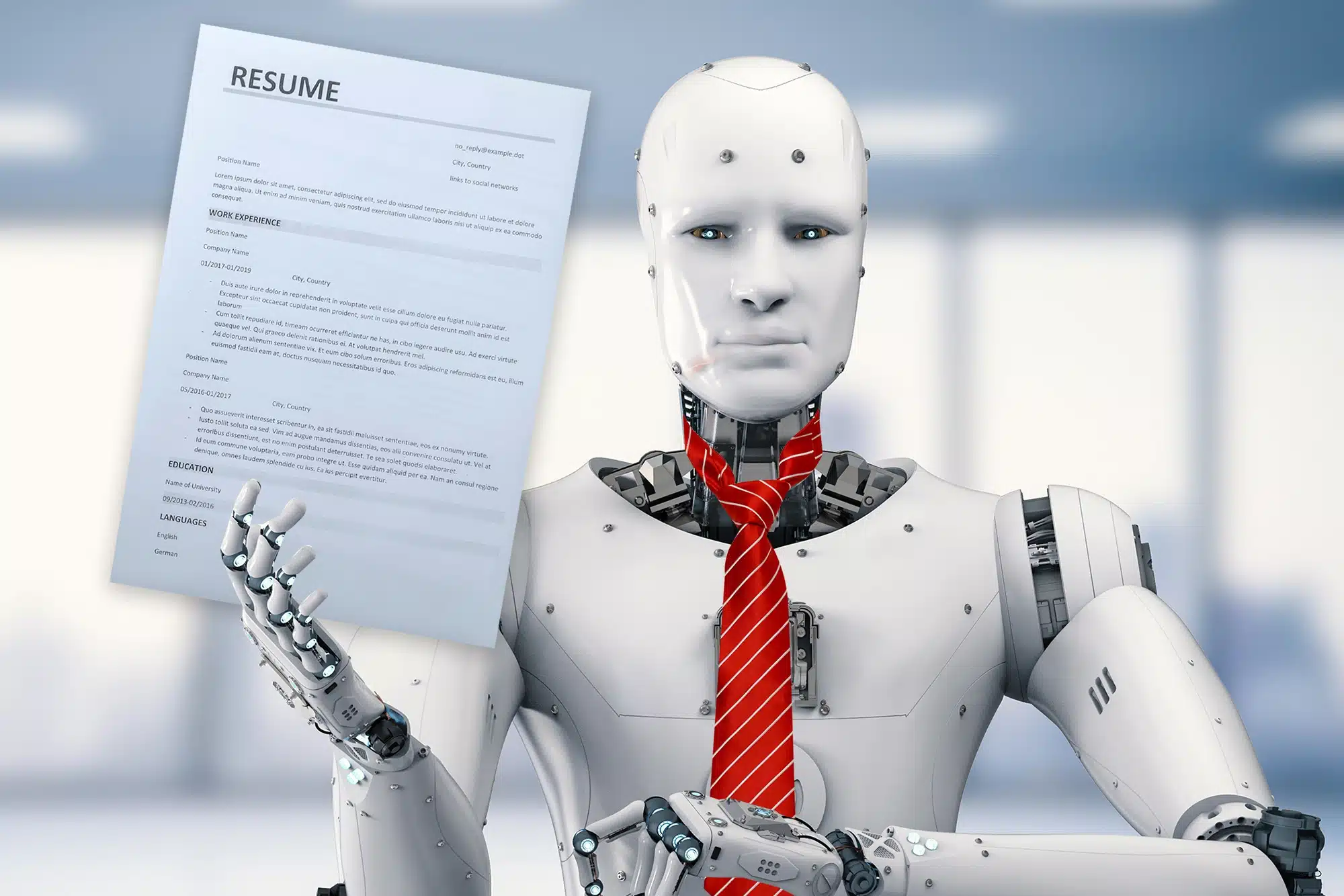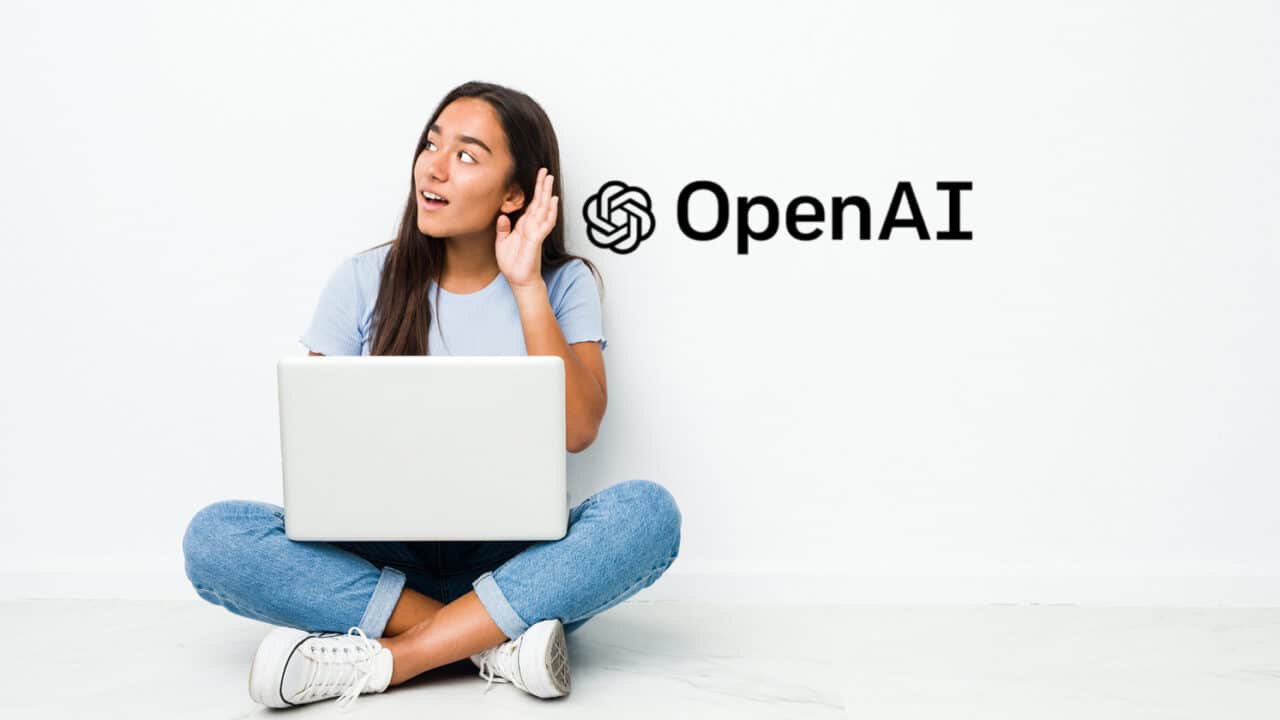Do you know what ChatGPT is? I’m sure you did, and I’m sure you’ve also heard that it might cause a revolution in the IT business by eliminating the need for software engineers. Let’s start with the basics and define what ChatGPT really is. It’s an OpenAI-powered chatbot that uses artificial intelligence. It’s identical to Google Search, except that instead of returning dozens of results, it returns a single, chatty one, exactly like a person could.
To spice things up, it can also produce code for you; all you have to do is ask it to create a certain piece of code, and it will accomplish that task.
So, Is It a Substitute for Devs?
Let me be blunt: the response is a resounding “NO.” From my experience, ChatGPT won’t be able to take the position of human programmers since it doesn’t write its own code to solve problems; instead, it finds the most efficient solution from the many already in existence on the internet and presents it to you. Stop and consider: Has your organization ever shared its top-secret procedures online? So what exactly does it want from ChatGPT? ChatGPT’s AI technology makes it much superior to any other search engine, although it has yet to be determined whether or not it can really replace a human worker.
How do you see ChatGPT fitting into your company’s plans for rolling out a new software version? For the time being, “Nowhere” is the correct response. Since ChatGPT just gives you access to information that can be found elsewhere online, if that other information could have replaced you, it would have done so long ago.
Nevertheless, under some circumstances, ChatGPT may replace as much as 30 percent of a company’s software engineers. The only catch is that ChatGPT can’t do anything useful without first receiving access to the firm’s confidential data and secret codes from inside the organization. As an alternative, a firm may use ChatGPT by purchasing licenses for all employees, just as they would for any other program installed on corporate computers.
To make ChatGPT useful for corporate operations, management may tailor it to the needs of the business and its personnel. It can unquestionably take the place of an internal corporate division responsible for a certain quantity of code. The truth is that businesses won’t do this since it would need a significant investment of time and energy to adapt ChatGPT to their own organizational needs. Furthermore, it’s identical to preexisting search engines like Google without any alterations.
Takeaways
I’m very aware of the heated debate around the question of whether or not ChatGPT may one day replace programmers. In all candor, all we can do is manage what we can manage. Learn to the point of mastery by repeatedly exercising your coding skills. As your reliance on an organization grows, it will be difficult for them to find a suitable replacement. The future of ChatGPT is uncertain. However, future versions may make it more powerful while reducing its shortcomings.
Our best bet is to keep developing new programs and acquiring new knowledge, both of which will offer us a competitive advantage. I hope you find success in your programming endeavors.




